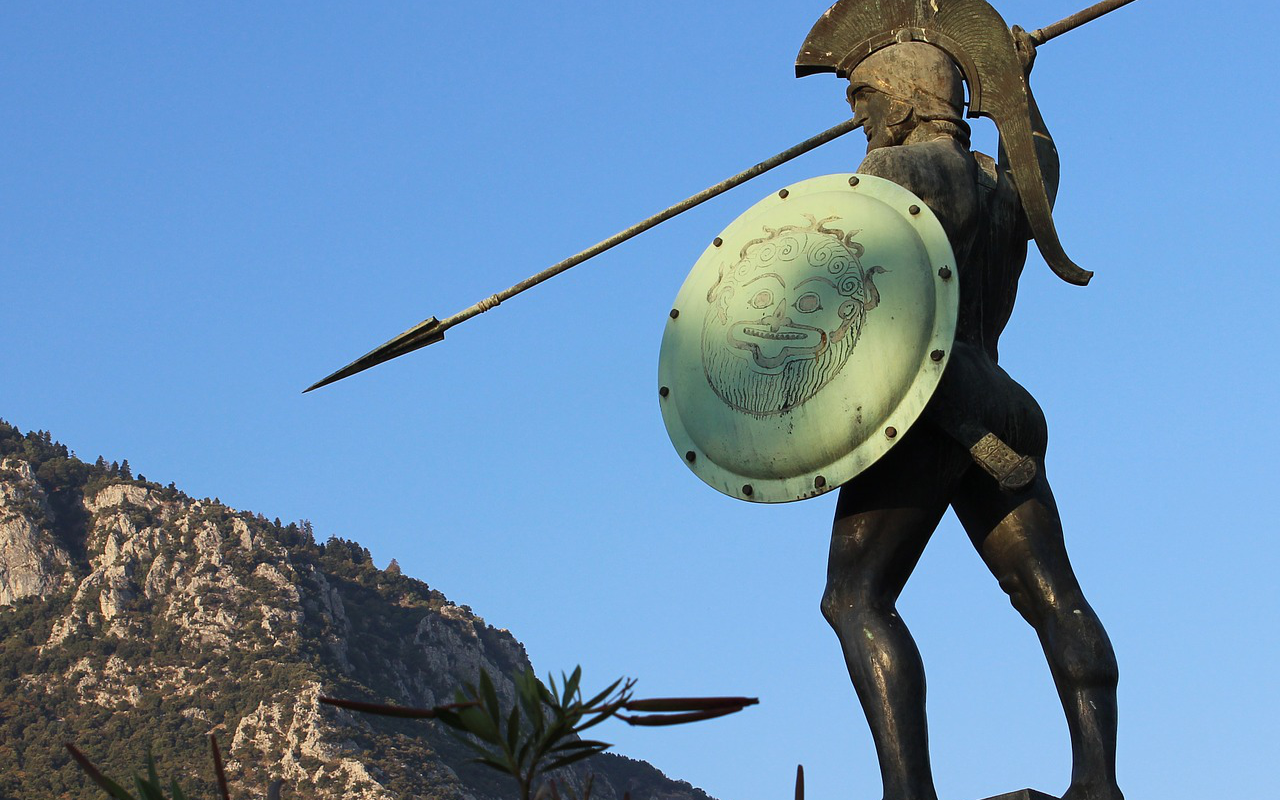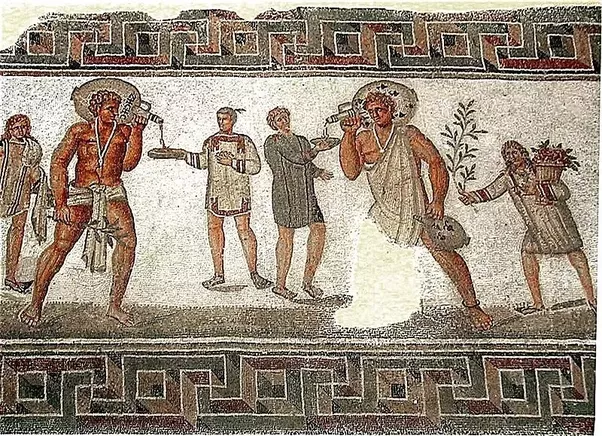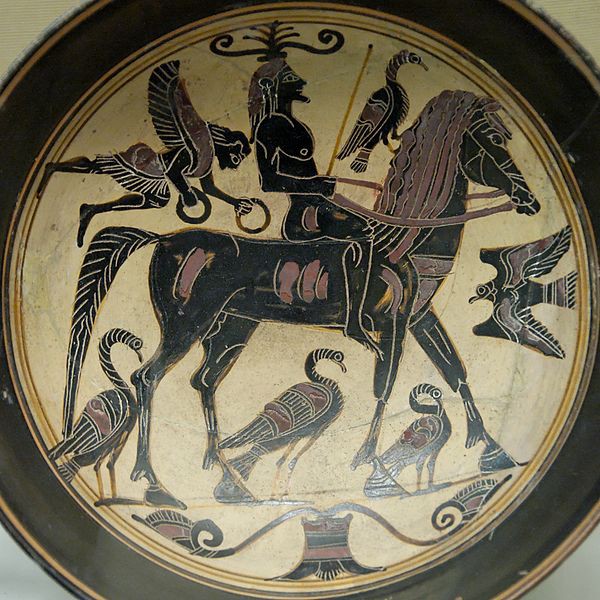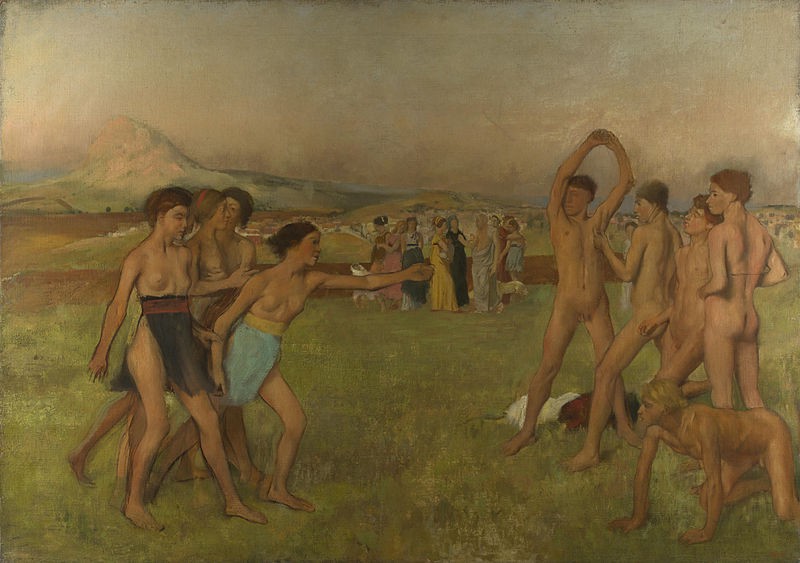
We all heard of Sparta and the Spartans. The powerful city state in ancient Greece. The best warriors of the ancient world. The Spartans were brave, strong and skillful. They fought with spears and shields, wore leather underwear and had the best abs. But do you know that there were others who lived among the Spartans? A nation of slaves whose only purpose was to serve their masters? They were the helots, the subjugated and conquered people, the slaves of Sparta.
Nobody knows exactly what the term ?Helot? actually means. Some say it came from the village called Helos that was conquered by the angry Spartans. Others say that it simply means ?a slave? or ?a serf?. Maybe there is a truth in both of those statements, as one became the other. The actual origin of the helots, as a group of people, is even less known. They might have been the Messenians who were conquered during the Messenian Wars in the 8th century BC. Maybe they were the Achaeans or even the Lacedaemonians. We might never find out, but what is amazing about helots is that there were seven of them per a single Spartan. You heard it right, seven slaves per a single free citizen.

What did these helots actually do? Well, they did everything a respectful Spartan would not. They ploughed fields, grew olives, made wine, took care of homes, constructed buildings, worked as artisans or tradesmen, carried the Spartans weapons into the battle, cleaned their armour, cooked their food, and everything in between. Sparta depended on helots for pretty much everything that was not concerned with the warfare, even some aspects of administration. Some helots, those who lived outside of the cities and tendered the land could even do quite well for themselves and become somewhat rich. There even were occurrences when helots could buyout their own freedom, of course we will never know how much or how long that ?buyout? would be respected by the nation of fearsome warriors.
To keep their numbers up, helots would be encouraged to breed among themselves and even could have some form of a family unit. Just like the Spartans, they were subjects of a eugenics doctrine, or as we know it ?selective breeding?. The strong would live and the weak would be throw out or put to death. Of course there were interrelationships, mainly the Spartans would procreate with helot women to bulk up the state?s servants numbers. Those children would be called ?nothoi? and they would rank somewhere between a slave and a free man, usually serving in the citizen army or doing some other lower level of public service. Girls who were born from a Spartan and helot would be simply discarded.

It is hard to tell how exactly the Spartans treated helots day to day. Probably with ?cruel efficiency?, they simply made sure that helots were healthy and capable of doing what was required of them. But it is tricky to keep a massive population of slaves living right next to you, and so the Spartans were always distrustful of helots. This distrust went as far as regular mass murders. Every year, the Crypteia, young men who just completed their training, would declare ?war? on helots population. They would be allowed to kill as many slaves as they could, especially the strongest and fittest. This helped with keeping helots numbers at check and make sure they could not rebel.
There were revolts, with such large number of subjugated slaves how could there not be revolts? But surprisingly none of them accomplished much. From time to time, helots betrayed their masters to help the invading forces, other times they would simply pillage and rob small territories until they got slaughtered by the Spartans, but they never could win their freedom. It tells a lot of how efficient Sparta was at controlling helots, by murdering them, terrorizing them, brainwashing them and beating them into submission.

When the Spartans dominance eroded and Greece fell to Rome, helots still did not get their freedom. Instead of being slaves in Sparta, they became slaves in Rome. Their history interwove with those of the Romans slaves and soon enough their fate was forgotten and their existence faded into obscurity.


